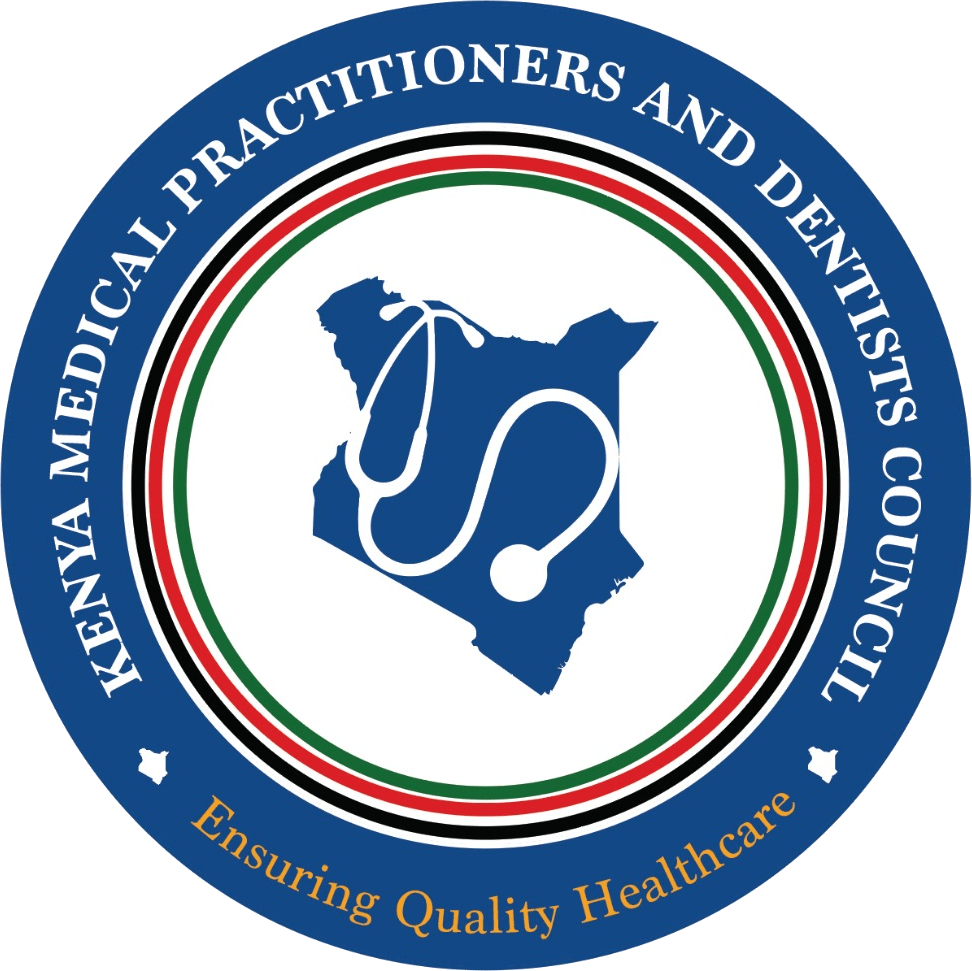Starting on:
May 2, 2025
Ending on:
May 2, 2025
Moderator(s):
Boardroom
Max Credits:
3 Points
Provider:
Plainsview Nursing Home
Claim Points
May 2, 2025
Ending on:
May 2, 2025
Moderator(s):
Dr.
Jane Ikonya
MbChB
Venue: MbChB
Boardroom
Max Credits:
3 Points
Provider:
Plainsview Nursing Home
Claim Points
Haemophilia
Starting on:
May 2, 2025
May 2, 2025
Ending on:
May 2, 2025
May 2, 2025
Venue:
Boardroom
Boardroom
Description
Haemophilia is treated with factor replacement therapy, where clotting factors are infused to stop or prevent bleeding. Other treatments include gene therapy for eligible adults, which is approved for haemophilia A and B, and Emicizumab, a monoclonal antibody used for haemophilia A that mimics the function of factor VIII. Additional supportive care involves avoiding aspirin and NSAIDs, using safe pain relievers like paracetamol, and undergoing physical therapy and exercise programs.
Objectives
Key treatment methods
Factor replacement therapy: This is the standard treatment for haemophilia A and B. Concentrates of the missing clotting factor (VIII or IX) are infused into the bloodstream to replace what the body is missing.
Prophylaxis: Regular infusions given to prevent bleeds.
On-demand: Infusions given to stop a bleed that has already started or before a medical procedure like surgery or dental work.
Gene therapy: This is a newer treatment that aims to give the body the genetic instructions to produce clotting factors itself.
For haemophilia B: Hemgenix® was the first gene therapy approved by the FDA in 2022.
For haemophilia A: Roctavian® was approved in 2023.
Emicizumab: A bispecific monoclonal antibody for haemophilia A that can be injected subcutaneously (under the skin) and mimics the function of factor VIII.
Supportive and preventative measures
Medication management: Avoid medications with aspirin or NSAIDs (e.g., ibuprofen) which can worsen bleeding. Use safer options like paracetamol for pain.
Exercise and physical therapy: A physical therapist can guide exercises to help with joint health and recovery from bleeds.
Injury prevention: Take precautions to avoid injury, such as wearing protective gear like helmets and kneepads.
Good dental hygiene: Prevent gum disease, which can lead to bleeding.
Medical alert bracelet: This ensures medical personnel know you have haemophilia in an emergency.
Presenters
-
Dr.
Jane Ikonya

